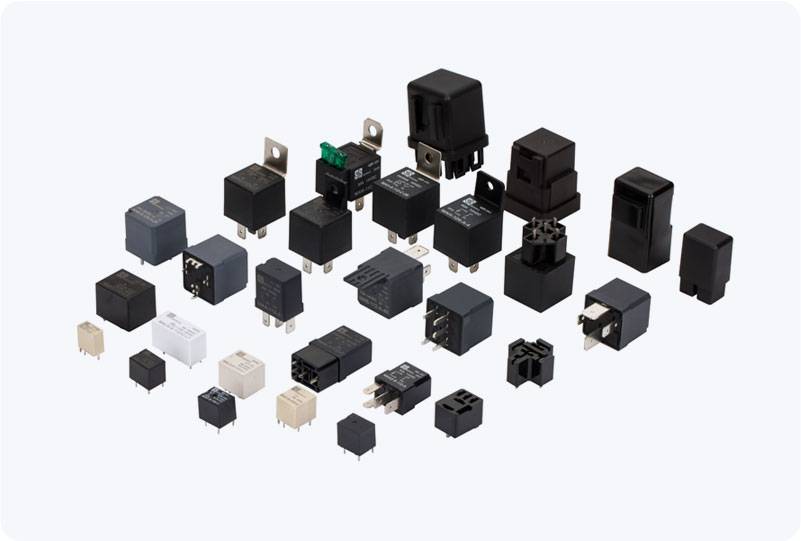understanding ieee standards for industrial relays: ensuring reliability and safety in power systems
Release time:2025-11-09 23:08:07
Industrial relays play a pivotal role in modern electrical power systems. They are essential for automation, protection, and control of electrical equipment, ensuring the safety and stability of power grids. The performance and reliability of these relays are critical, and this is where IEEE Standards for Industrial Relays come into play. These standards provide a framework for the design, testing, and application of industrial relays, ensuring that they meet the necessary safety, performance, and reliability requirements for effective operation in industrial environments.

Importance of IEEE Standards for Industrial Relays IEEE, or the Institute of Electrical and Electronics Engineers, is a global organization responsible for developing standards across various fields of electrical and electronic engineering. Its standards for industrial relays are particularly significant because they set the benchmark for relay performance in applications ranging from simple on-off switching to complex protective functions in electrical networks. The IEEE Standards for Industrial Relays focus on several key areas: Performance and Reliability: Relays must function accurately under a wide range of electrical and environmental conditions. IEEE standards provide performance specifications to ensure that relays can handle both normal and fault conditions without compromising system safety or efficiency.

